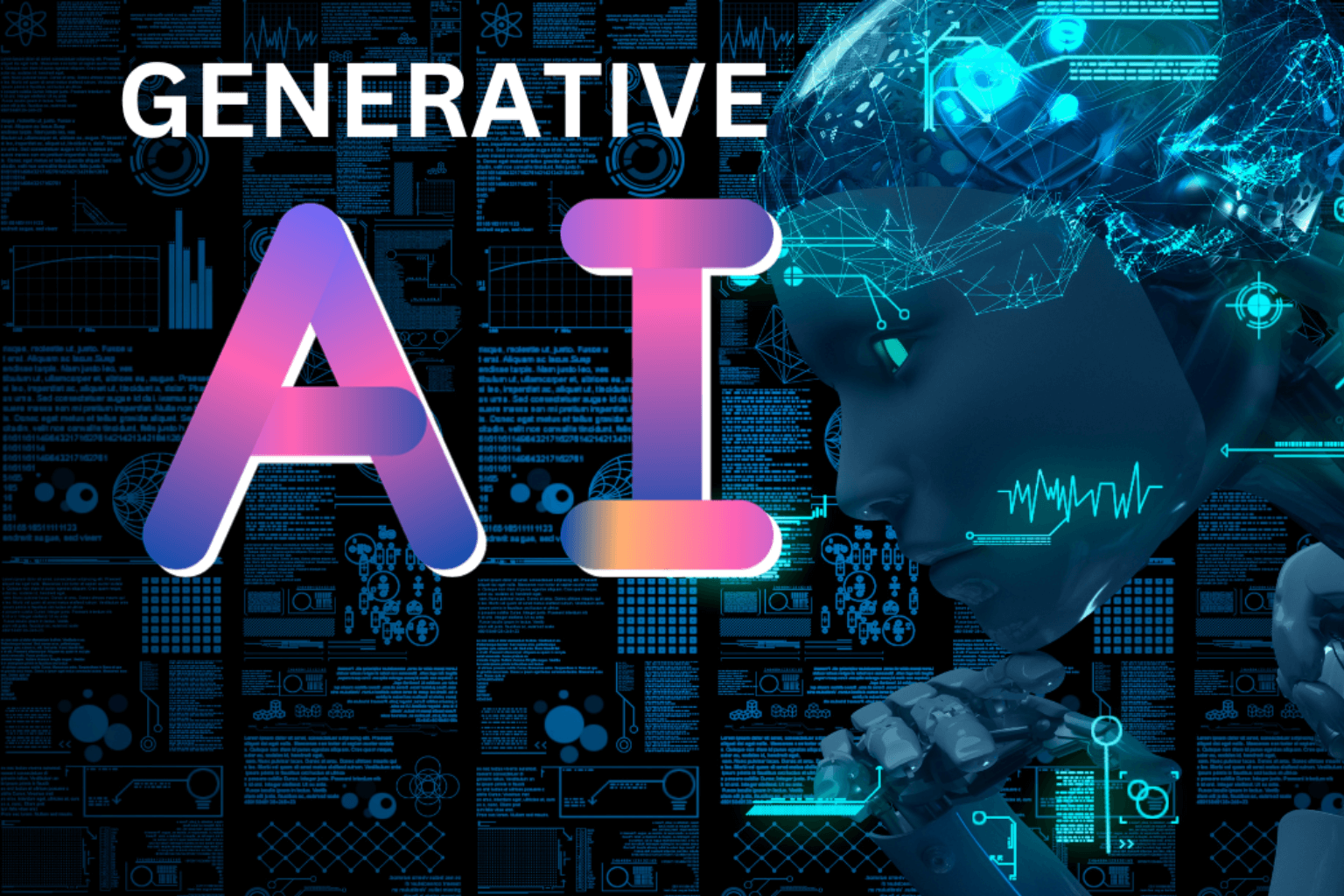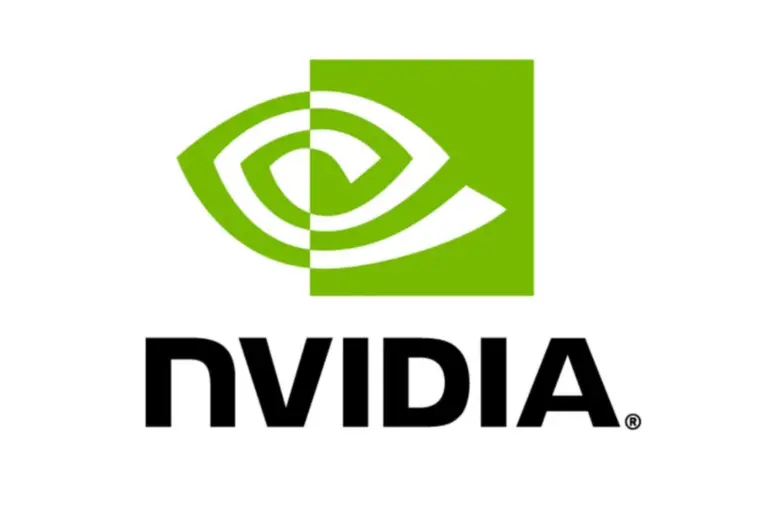
Generative AI boosts writers’ creativity but reduces originality
Researchers discovered that stories written with the help of generative AI were more original and useful, but less varied. This makes people wonder what role AI plays in boosting creativity while also possibly making art more similar.
Many people think that generative AI is one of the most important technological advances of our time. However, the impact of generative AI on art, a typically human endeavor, remains a subject of much debate.
Researchers aimed to examine the impact of OpenAI’s GPT model on the creative writing abilities of its test subjects. The results were interesting.
There is still debate about the role of generative AI in making art, especially since the technology has grown to make video and music as well as text and images.
Two researchers, Anil Doshi from the School of Management at University College London and Oliver Hauser from the Department of Economics at the University of Exeter, worked together to test the idea that generative AI can help people write more creatively.
To do this, the researchers found 500 people and told them to write eight-line stories using either one “idea” from the most recent OpenAI model (GPT-4) or up to five ideas, or nothing at all.
Then, evaluators received it and assigned a score based on a novelty index and a “usefulness” index, which assessed each story’s “appropriateness” (for the target audience of readers aged 15 to 24), “feasibility,” and “publishability.”
Doshi and Hauser found that stories written using generative AI ideas were significantly more “novel” and “useful” than those written without it. They were also much more “enjoyable,” “less boring,” and “less predictable.”
The stories with ideas, on the other hand, were a lot more “similar” than the average similar story. To quote the researchers, authors who used generative AI relied more on its suggestions than those who didn’t.
Study Shows Generative AI Boosts Creativity
According to the divergent association task (DAT), a measure of a person’s inherent creativity, the positive effects of generative AI were also stronger in writers who weren’t particularly creative to begin with; only 24.5% of the humans in the “up to 5 ideas” group used all of their prompts.
Additionally, when the judges learned that generative AI had assisted in writing a story, they were “at least 25%” less likely to give full credit to the author.
The journal Science Advances published the study. Now, the authors want to do more research on how generative AI ideas affect longer pieces of writing and product development to see if it can level the playing field and make creativity more uniform in the future.


